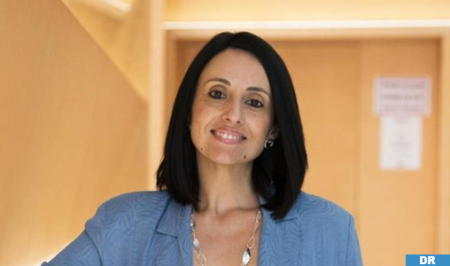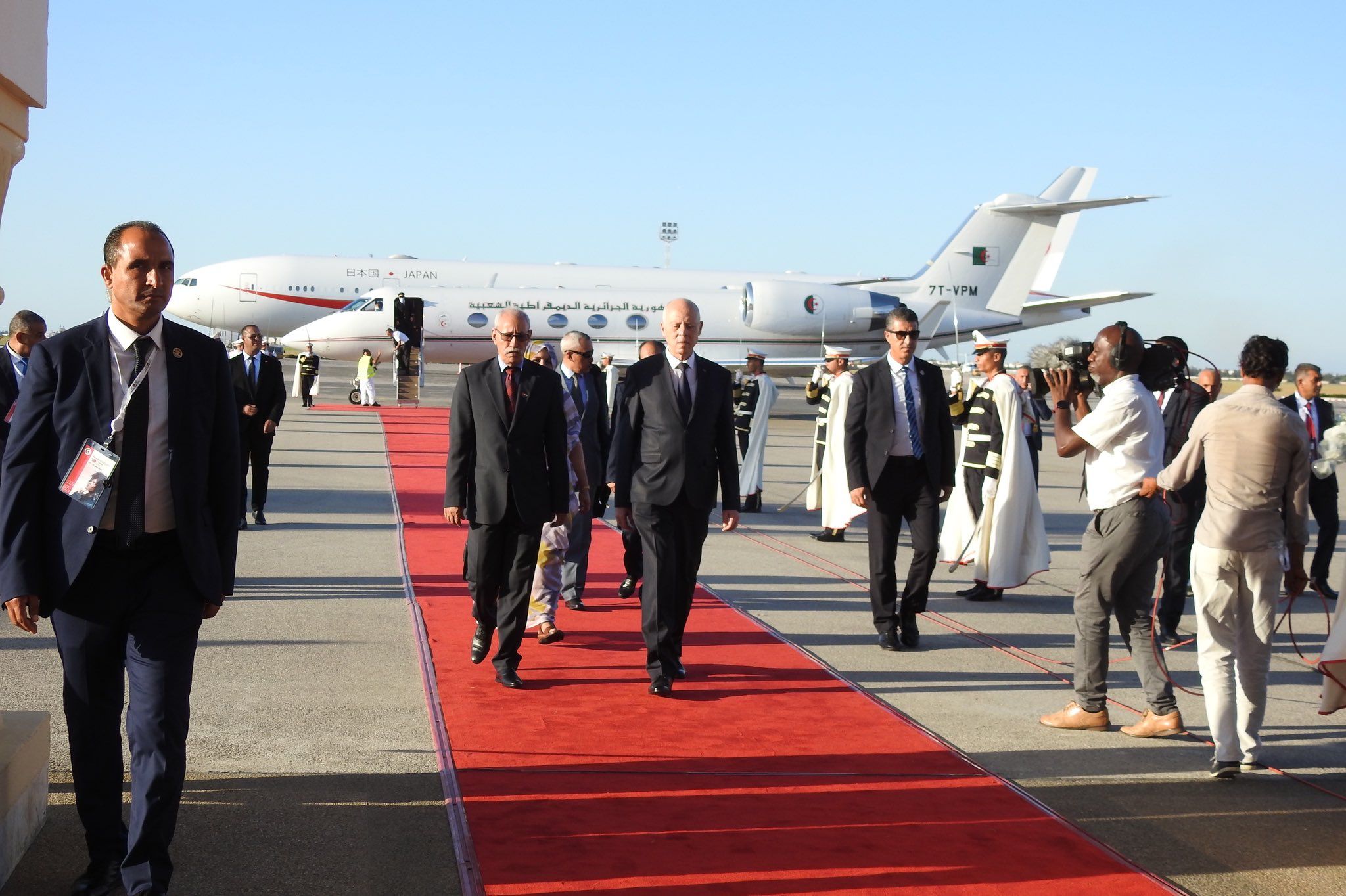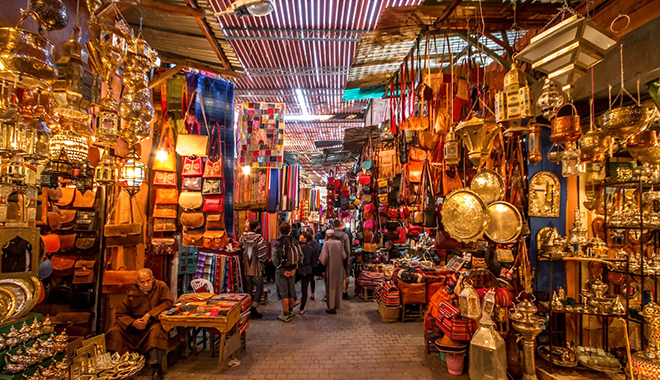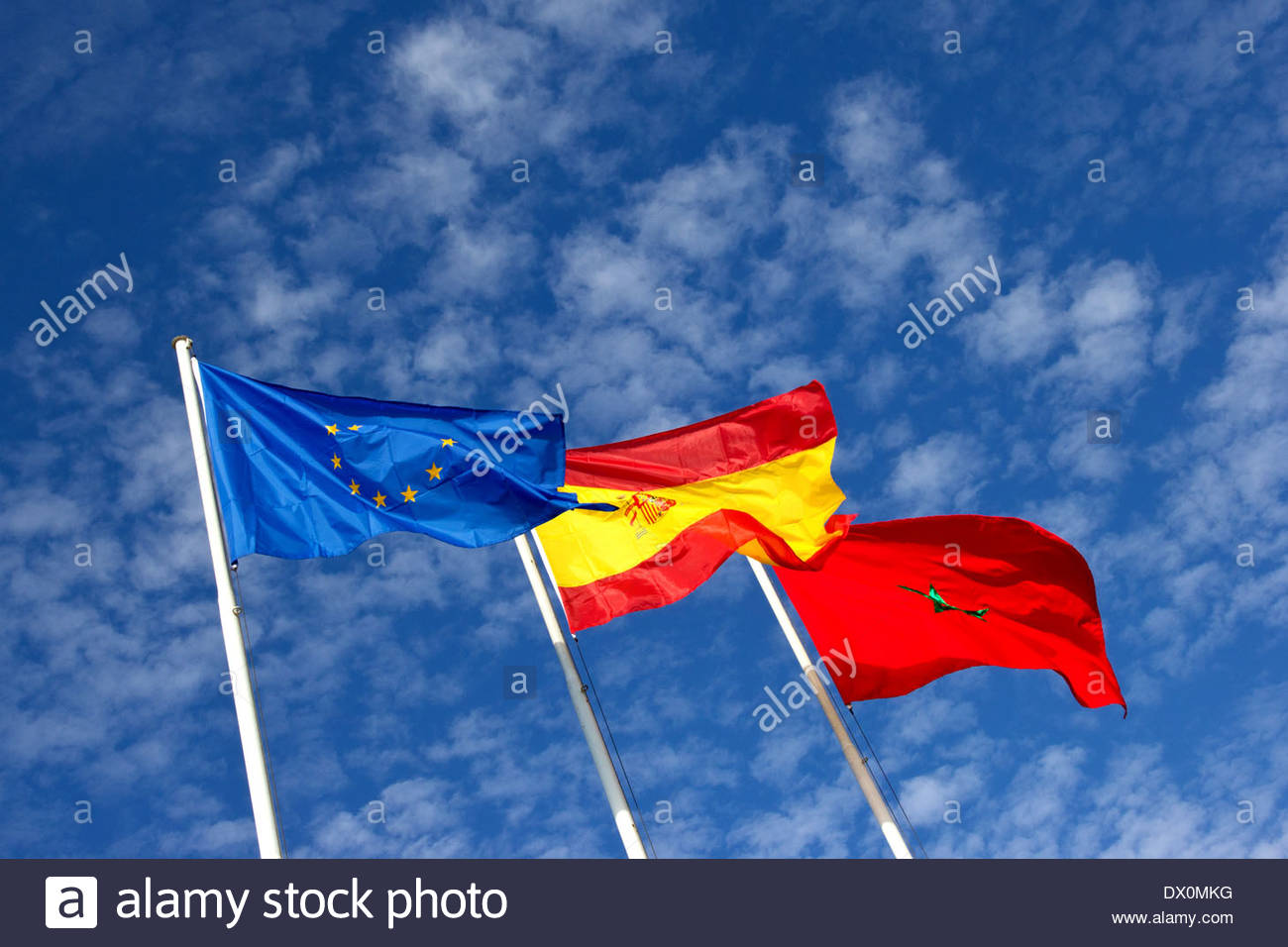Two Business Forums are held this Monday in Barcelona and Tuesday in Bilbao to discuss ways of strengthening the investment dynamic between Morocco and Spain.
The forums, bringing together over two hundred Moroccan and Catalan and Basque business leaders, are part of the implementation of the Morocco-Spain Joint Declaration drawn up in April 2022 after the meeting between King Mohammed VI and president of the Spanish Government, Pedro Sanchez.
The economic meetings attest to the shared desire to further strengthen, encourage, and catalyze existing investment opportunities for the business communities of both countries. They also reflect the strength of diplomatic relations and the renewed economic partnership between Morocco and Spain.
The program also includes several working meetings with Spanish business leaders in key sectors, including the automotive industry, aeronautics, railways, renewable energies, household appliances, textiles, and pharmaceuticals.
Addressing the opening of the high-level business meeting in Barcelona on the theme of “Investing in Morocco, a competitive bet to explore new markets,” Spain’s Secretary of State for Industry, Rebeca Mariola Torró Soler, highlighted the importance of her country’s economic relations with Morocco, noting that the Kingdom is standing out as a “priority” country for the development and international expansion of Spanish companies.
“Morocco enjoys a favorable investment environment and is standing out as a destination of choice for international investment in the industrial and energy sectors”, noted Soler.
“Thanks to its skilled workforce, favorable business climate and the development of its emerging sectors, Morocco has enormous investment potential and offers significant opportunities for the Spanish entrepreneurial fabric”, said the Spanish official, noting that “the two countries, friends and neighbors, are determined to explore all development possibilities and take advantage of successful synergies.”
“We want to be the investor of reference in Morocco”, insisted Soler, expressing her government’s determination to push ahead with investment programs in the North African Kingdom.
She also recalled that Spain is Morocco’s leading trading partner, with 17,600 Spanish companies exporting their products to the Kingdom, and that thanks to “dialogue and ongoing bilateral cooperation,” these figures will grow in the future.
Chakib Alj, chairman of the Moroccan Employers’ Association (CGEM), on his part said all the conditions are in place to take Moroccan-Spanish trade cooperation to an even higher level, noting that trade relations between the two countries are marked by “an extremely positive dynamic and political will, proximity, favorable business environments, enormous economic complementarities and an astonishing and confirmed enthusiasm on the part of business leaders.”
“Morocco is experiencing an extremely positive dynamic. Our country is gaining in importance as a regional economic powerhouse, well positioned as a gateway to Africa and a springboard to Europe”, said the CGEM chairman, recalling that over the past 25 years, under the leadership of King Mohammed VI, the Kingdom has put in place a solid base for trade and investment, with first-rate infrastructure.
Morocco, he added, also has a reservoir of young, qualified and highly competitive talents, with an average age of 29 years compared to 44.4 years in Europe, 180,000 university graduates per year, including 19,000 graduates in engineering, and a competitive, quality workforce.
The Kingdom offers a favorable environment for domestic and foreign investors, with multiple investment subsidy programs, including a new Investment Charter, a tailor-made government support package for strategic projects and easy access to R&D, Alj stressed. These measures are supported by special economic zones that facilitate installation and operations, as well as a secure environment for foreign investors, he said.
Catalonia offers excellent investment and co-investment prospects for Moroccan companies, and vice versa, he pointed out, adding that this autonomous Spanish community boasts one of the most competitive economies in southern Europe, accounting for 25% of Spanish industry.
In addition to its strategic position, its strong industrial ecosystem and its dynamic community of entrepreneurs and talent, Catalonia is now recognized as one of the world’s centers of R&D and technology, opening up further opportunities for growth and prosperity, he said.
Minister in charge of Investment, Convergence and Public Policy Evaluation, Mohcine Jazouli, who is leading the Moroccan delegation surveyed the assets offered by Morocco in terms of an innovative Investment Charter; a world-class infrastructure, citing the Tanger Med port, the leading container port in the Mediterranean and Africa; a young and skilled workforce, perfectly trained to meet the demands of the labor market; over 50 free-trade agreements signed by Morocco that provides access to a consumer market of 2.5 billion people, in addition to strengthened traditional industries, notably agri-food, pharmaceuticals and tourism, and stimulated emerging sectors, including the automotive industry and aerospace.
“A pioneer of the green transition, Morocco is proud to be the leading producer of renewable energy on the African continent,” and is strategically placed to take advantage of the reorganization of value chains and to play a key role in global decarbonization efforts.
Morocco, located at the crossroads of the Mediterranean Sea and the Atlantic Ocean, naturally evolves as a regional investment hub and serves as a major gateway to Africa, he said.
The Moroccan delegation will visit Bilbao on Tuesday for talks with members of the Basque Business Confederation (CONFEBASK) on various topics relating to Basque investment in Morocco.
Visits are also scheduled to landmark production units of the Basque industry, as well as working sessions with members of the Spanish rail ecosystem association MAFEX.



